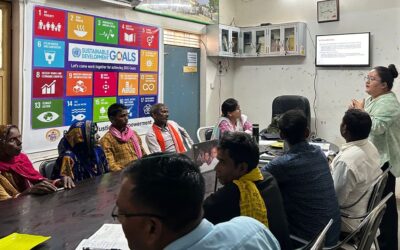Migrating for work has always been a risk. Unscrupulous traffickers posing as legitimate labor recruiters trick millions of people into chasing a dream of well-paid jobs. But too often, what awaits them is exploitation and misery.
As travel restrictions ease around the world, the economic impact of the COVID-19 pandemic will likely fuel an intensive wave of migration. Many livelihoods have been disrupted, and people will seek any opportunity to earn a living and send remittances back home.
India is a major source of migrants to countries of the Gulf Cooperation Council (GCC): Bahrain, Kuwait, Oman, Qatar, Saudi Arabia and the United Arab Emirates. Most of the Indian workers who travel there are illiterate and unaware of the risks. Research has documented that many laborers encounter a demand for high recruitment fees leading to debt bondage, deception by recruiting agents, seizure of travel documents, no time-off and unpaid or forced overtime.
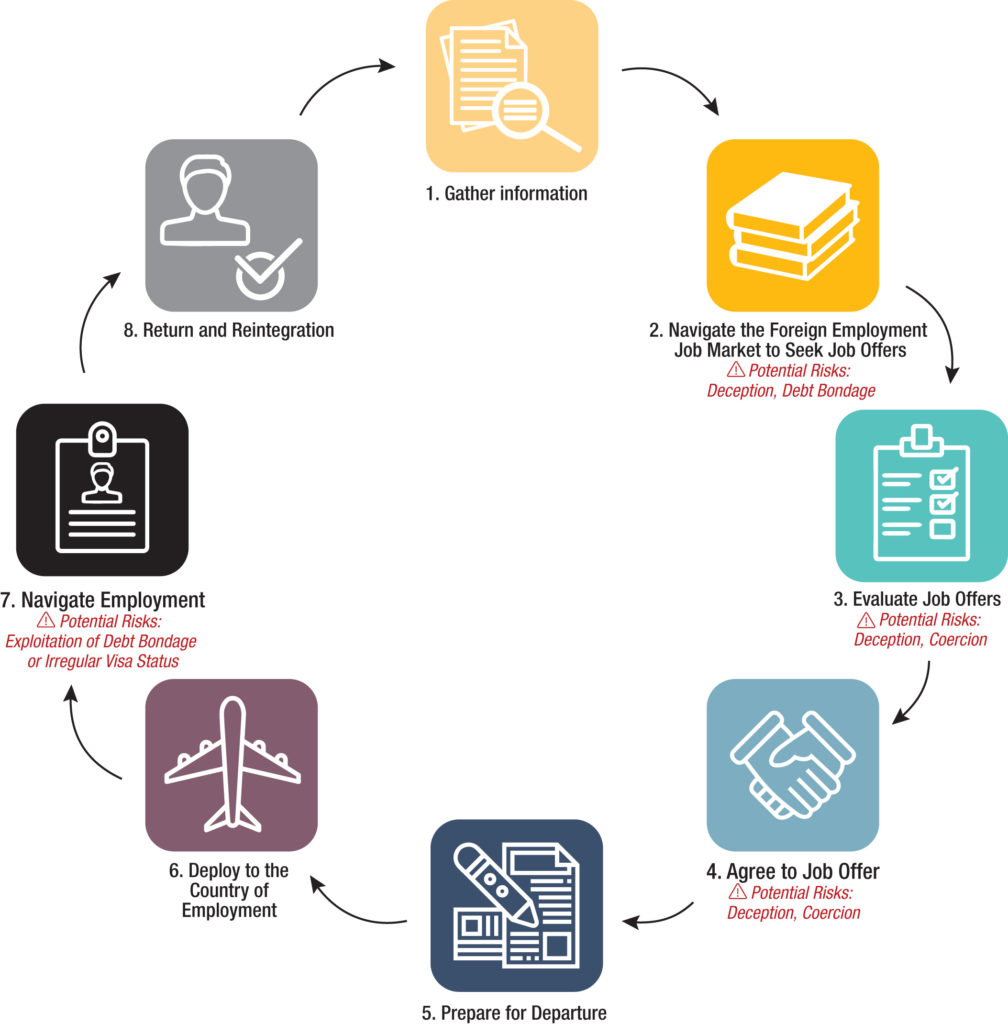
The Safe Migration to GCC program has now launched community-level training in the Mirzapur and Bhadohi districts of Uttar Pradesh. The project is a partnership between Verité, Free the Slaves, and MSEMVS.
The three-day trainings for 30 leaders from each district are designed to let villagers know there are laws in India and GCC countries to ensure migrant safety. That is especially important during this time of increased vulnerability due to the pandemic. Unregistered recruiting agents are on the loose to find cheap labor and charge huge recruiting fees. It is also vital to let migrants know that many people are looking to go to the Gulf, which further compromises safety.
The trainings are based on the ‘SAFE TIPS’ guide published earlier this year. Recognizing that many participants have limited literacy, creative methods like songs, games and videos were used to simplify the content.
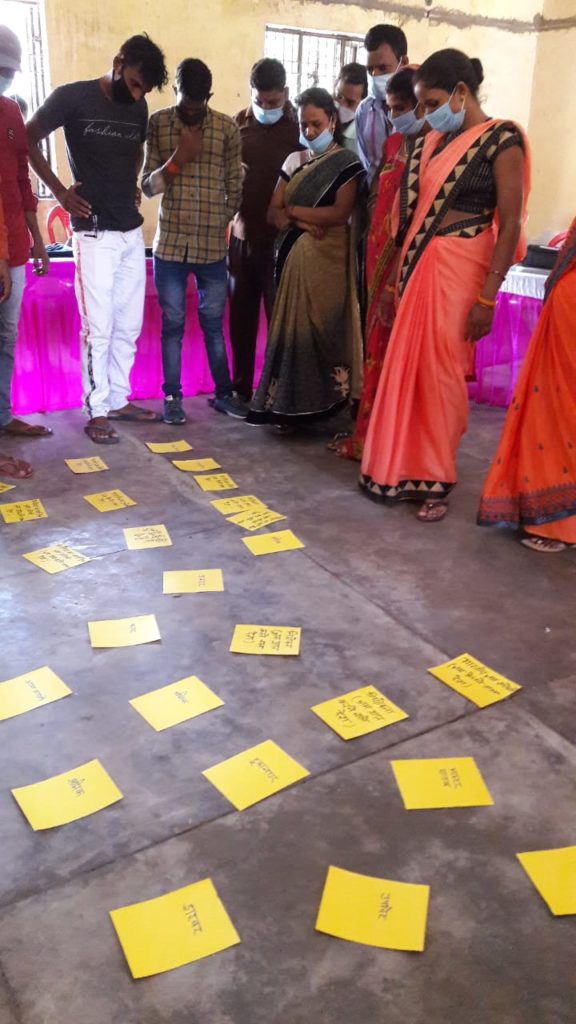
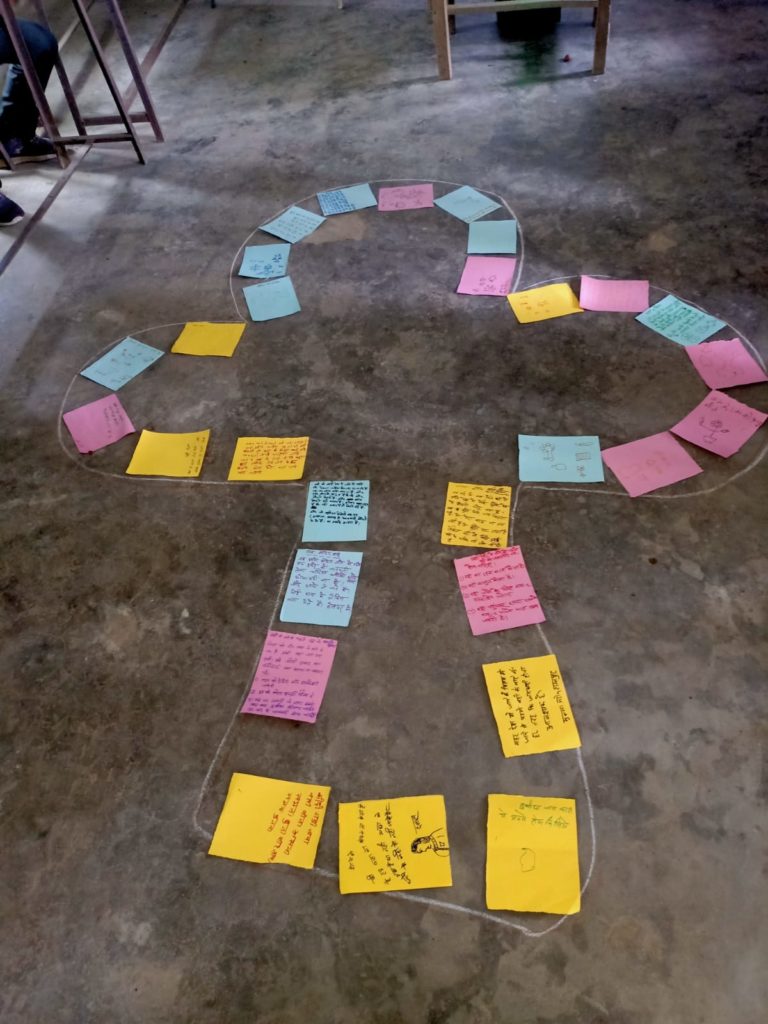
Participants shared cases they have witnessed within their family or the community.
“My brother-in-law went to Saudi Arabia a few years back,” one participant said. “He had to work there for almost one year without pay. He returned to India and never went back. If we had got this kind of a training earlier, we could have prevented my brother-in-law from migrating unsafely.”
“My brother went to Saudi Arabia to work on a construction site,” another participant shared. “He paid 100,000 INR ($1,300 USD) to the recruiting agent as recruiting fees, but we had no idea that the government has fixed the recruiting fee, which is only 20,000 INR ($277 USD) which I found out in this training.”
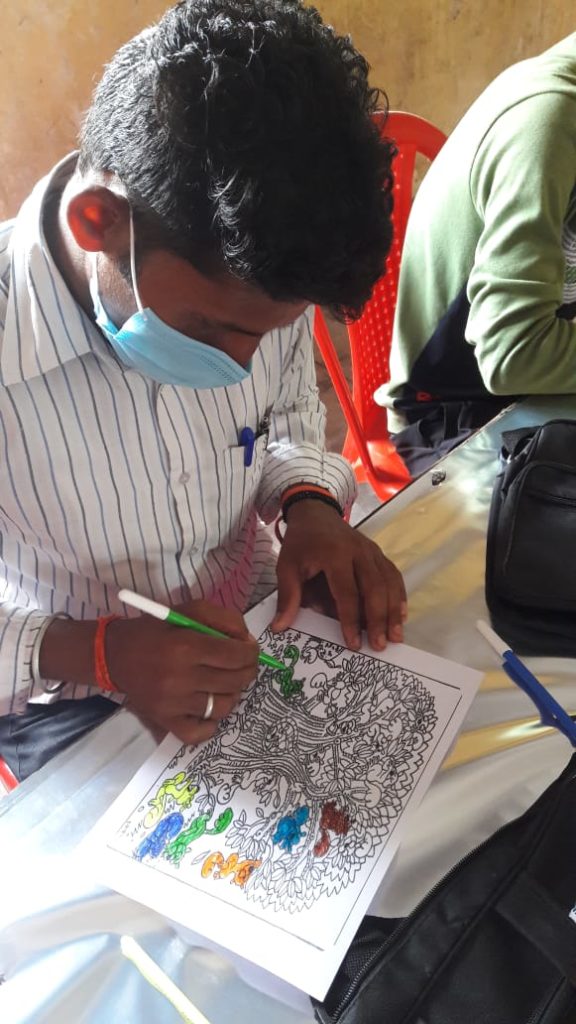
For most participants, this was the first time they received any training on safe migration to Gulf countries. They said the training taught them to be aware of unregistered agents.
“I personally learned a lot,” one participant said, “and I will advise the migrants from my village about how they can ensure their safety with the help of different government bodies.”


